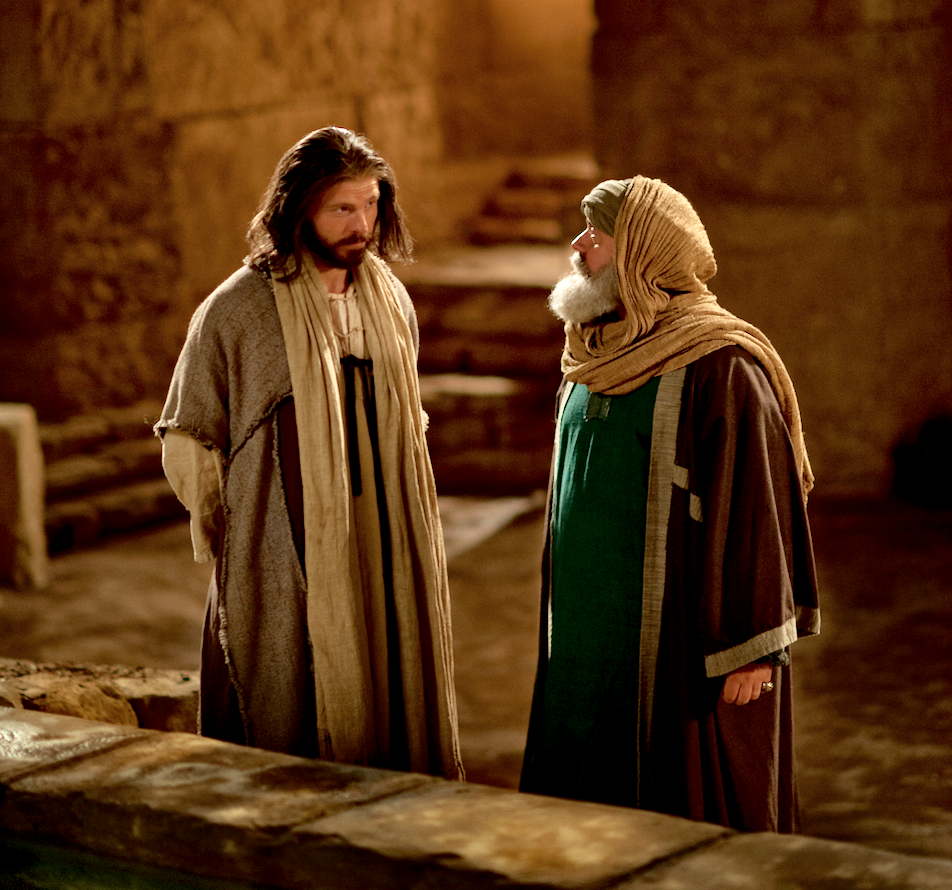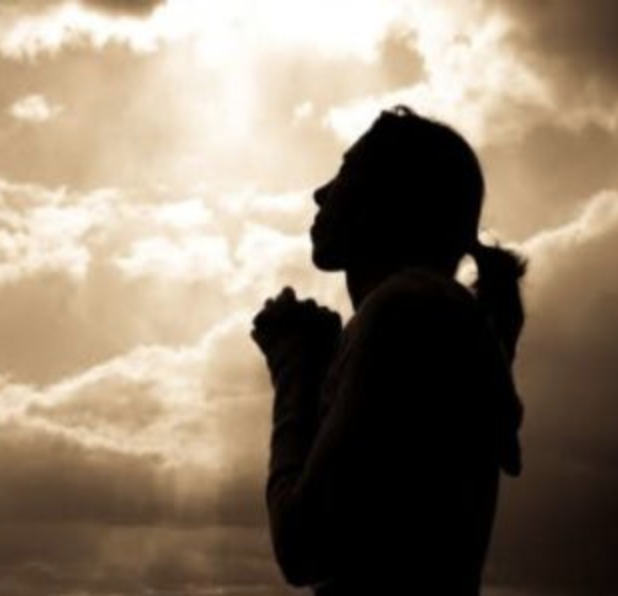Faith and facts deal with differing realms of our reality. To think otherwise is to make a category mistake -- one which diminishes both the depth and breadth of human life, and limits our understanding to the impoverishment that we refer to as narrow-mindedness.
Reminding us symbolically of this union of body and spirit, Jesus took a loaf of bread, broke it like we are often broken in our relationships with one another, and showed us the way to reconciliation by asking us to share our bread with one another in remembrance of his own example.
The language of faith is mytho-poetic, not literal. It describes the meaning of reality, not the facts. Thus the contemporary question of whether Jesus was factually born of a virgin or was the biological son of God confuses the very intention of the ancient authors.
Perhaps it is time we not only remember those who have died in the wars from our own country, but from others. For if we see the damage done, and to who it is done, viz., the poorer and middle classes of all warring nations, we will finally recognize that all these wars have been constructed by the wealthy and powerful to preserve and bolster their own interests.
The wise and teaching Jesus proclaimed an egalitarian ethic of loving and serving others, even our enemies, as ourselves. The compassionate and practicing Jesus worked and advocated for equality, justice, and mercy for the despised, poor, sinful, and oppressed. The judicious and brave Jesus decried the hypocrisy and illuminated the spiritual perils of the wealthy, powerful, haughty, judgemental, and privileged. The betrayed and arrested Jesus commanded the nonviolent laying down of swords and the restoration of severed ears to hear. The tortured and dying Jesus exhibited forgiveness to those who persecuted him. The resurrected and empowered Jesus encouraged and gave the gift of peace to all who would follow his example and go forth to revolutionize relationships with all humanity and creation.
What is coming we yearn to know As fallen leaves herald winter snow Will what comes be worth the wait ? Will past hungers our future sate?
To live by the virtues and values of Christ (i.e., love/compassion, peace/nonviolence, and justice/egalitarianism) as summed up in "The Great Commandment" and "Golden Rule
From modern eyes, it is hard to think Thomas was any different than any other disciples who had already witnessed the resurrected Jesus. Thomas alone had not seen with his own eyes what the others claimed to have seen. And here it is so easy to get pulled into thinking that seeing with one's eyes is the real issue.
I see prayer as intentionally engaging our conscious mind with our highest values. In prayer, I'm reminded of the things that matter most--not only for myself, but for others. By aspiring to focus my mind and heart on these things, I become more open to the possibilities I can wisely (hopefully) choose to make life more meaningful, purposeful, or beautiful.
What we we think is perfection, and what Jesus and the ancients meant by it, are different. When he said, “Be perfect, even as God is perfect,” he did not mean without error; or, as some have assumed, as merely complete in who you are (as if one’s own uniqueness is different from another’s, and that everyone needs to only be true to their own selves).
And other thoughts on the religion of Jesus
If God is love, if love is an integral part of God's essence, then God must act with and by love -- no exceptions. If God does not condone violence, injustice, hatred, and vengefulness in humanity, then God would need to live up to at least as high of a standard.
Our conception of God needs to be revised if it does not lead us to emphasize the virtues of compassion, peacefulness, justice, mercy and love in God and in ourselves.
Pacifists and passivists are agreed in being nonviolent. The latter, however, is determined not to react or respond to violence with any actions of opposition; whereas the former may be very determined to oppose violence by any means except violence.
Those who believe there is a right and wrong time and place to protest injustices are those whose privilege keeps them from the injustices. Those who with Rev. Dr. M.L. King, Jr., live by the principle that the right time to do the right thing is now, privileged or not, remind us of the immorality of acquiescence, apathy, indifference, denial, negligence, and procrastination in confronting injustice and evil.
Scripture Lesson: John 3.1-21
Nicodemus may not have been the first or last literalist that Jesus encountered, but he is one whom most of us would least imagine to be one. He was “a leader of the Jews,” which meant he was well-educated and versed in the scriptures. He would have been very familiar with the nuance of words, and the various meanings that religious words might have. So it seems odd that he would not have known what Jesus was talking about when Jesus spoke with multivalent words.
Grace is less to be identified with being unaffected by all that is going on around us, and more with being moved by the Spirit to work for peace and justice for all out of loving others as we love ourselves.
At least from my perspective as a pastor, I think the abortion issue is one of the more complex moral problems of our age. It pits the rights of the mother against those of the child, such that if one takes one side over the other, one is perceived as compassionless by the other side.
O God who suffers at our spiritual and ethical failings, and rejoices at the turning to virtue of our hearts and spirits: We confess that we have gone astray by our thoughts, words, and deeds. We have been irresponsible by what we have done, as well as what we have left undone.
Remember that resurrection is more than mere resuscitation! It is life transformed! It is faith in possibilities, when others are convinced of inevitability.
But when we ignore the fact that we are advantaged while others are disadvantaged, then as innocuous as it may seem we are part of the problem. Indeed, because our own prejudice and discrimination are so invisible to, and insidious within, us we are actually the biggest part of the problem. The overt racists will hopefully be dealt with by the law, but we law-abiding citizens who feel entitled to our advantaged social status while remaining ignorant or disinterested in the disadvantaged status of others can remain easily oblivious and thus conscience free.
O God of empty tombs and resurrection living: Make us mindful of the pervasiveness of hope, the determination of faith, and the persistence of love.
Nonviolence needs to be the means as well as the end to which we advocate and bear witness.
























